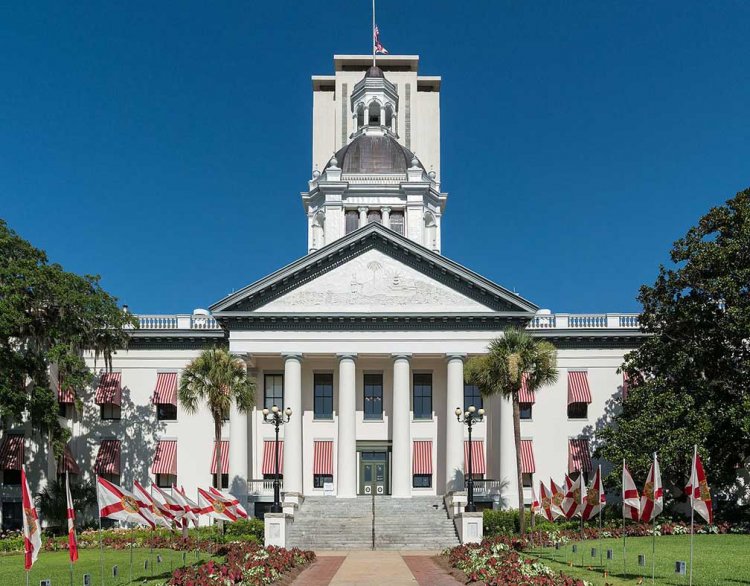DeSantis' 'Big Tech' Bill a Red Herring

Something's rotten in Tallahassee and we think we've found it! That fishy smell: the Transparency in Technology Act— it's actually a red herring. Last week, Florida Gov. Ron DeSantis and Florida’s legislative leadership proposed legislation allegedly aimed at shielding Floridians from cyber overreach by Big Tech. Instead of posturing for his 2024 Presidential campaign (the bill will likely become one of his talking points), DeSantis should be acting to bring genuine change for his constituents on the dilemma of Big Tech's devious agenda.
The Transparency in Technology Act move the needle an inch. In fact, some might argue the legislation contains loopholes allowing tech companies to run in the other direction. The unenforceable and weak provisions in the legislation supposedly protect users from sudden changes to platform terms of service and mandates social media companies explain suspensions or terminations of service. The main problems with this of course are: 1) Similar notifications already take place, albeit in general terms 2) If the State of Florida somehow managed to overcome the porous and permeable nature of the internet and convince them to agree, these platforms might just as easily provide false reasons for suspensions or respond to users in platitudes.
Instead, our legislature must issue a more brazen retort in the form of an Internet Bill of Rights, as recently suggested recently by some commentators and activists. Joe Clements of Strategic Digital Services, a Florida based digital media consulting and creative production firm, recently wrote in the Tallahasee Democrat on the subject: "At question are what rights American citizens have on platforms that are privately owned and operated. [On] the one side, individuals want broad rights to use these powerful online platforms to achieve personal, social, economic and political objectives. On the other side are institutions and corporations whose interests often counter the online activity."
This clash of interests often manifests in the disruption and manipulation of users across social media. And while some claim disinformation campaigns and "fake news" divest the internet of integrity and usefulness, many now share concerns that the Big Tech monopolies in charge of our public cyber square may be usurping the very rights we'd otherwise cherish in the physical world.
In a Libertarian world none of this constitutes any real problem. After all, the tech companies own the platforms. Isn't regulating tech giants anti-American? Don't such actions represent an attack on the free market? Well, no— at least not if you believe absolute power, in government or private form, is a problem.
Outside the twisted theoretical paradigms parroted by Libertarian ideologues and some concern trollers on the left, chilling consequences occur in the real world when Big Tech censors free speech. The nefarious actions of social media companies philosophically undermine the very spirit of the First Amendment. Imagine for a moment a situation where Congress and state legislatures learned the Postal Service opened letters and restricted their senders from equal access to mailing them on the sole basis of content? Both political leaders and an enraged electorate would be seething. In fact, many already are about the current cyber predicament in Florida and around the nation.
The question lawmakers must ask themselves: do they have the courage to fight for their constituents? If not, they need to step aside and allow room for real leaders to act and act swiftly, before our freedoms go gently into that deep, dark night.

 Marshall S. Swanson
Marshall S. Swanson 
















